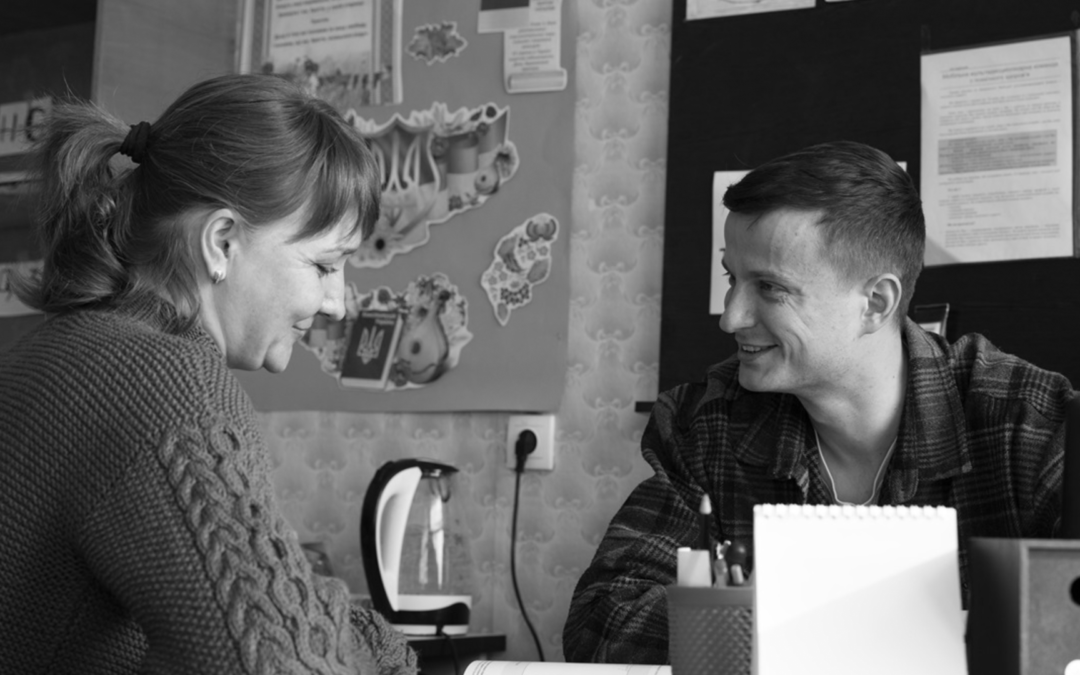In a significant stride towards addressing the global burden of mental health, the World Health Organization (WHO) has unveiled the third edition of the Mental Health Gap Action Programme (mhGAP) guideline. This comprehensive guide encompasses crucial new and revised recommendations for the treatment and care of mental, neurological, and substance use disorders (MNS). As MNS disorders continue to contribute significantly to global morbidity, the updated mhGAP guideline aims to empower healthcare professionals and planners to enhance their capacity in dealing with these prevalent conditions.
The Global Challenge of MNS Disorders:
MNS disorders take a heavy toll on health globally, contributing to morbidity and premature mortality across all regions. Astonishingly, over 75% of individuals suffering from MNS disorders are unable to access the necessary treatment and care. Recognizing this challenge, the updated mhGAP guideline serves as a crucial tool for doctors, nurses, and other health workers, especially those operating in non-specialist settings at the primary healthcare level.
An Evolving Guideline for Evolving Needs:
The 2023 update of the mhGAP guideline introduces 30 updated and 18 new recommendations for MNS conditions, augmenting the existing set of 90 recommendations. A noteworthy addition is the dedicated module on anxiety disorders, acknowledging the prevalence of anxiety as one of the most common mental health issues worldwide.
New Insights into Anxiety Disorders:
The guideline recommends psychological interventions based on cognitive-behavioral therapy (CBT) for adults with generalized anxiety disorder and/or panic disorder. These interventions can be delivered in various formats, including online, in-person, groups, or self-guided. Stress management techniques are proposed for adults with generalized anxiety and/or panic disorder, alongside the consideration of Selective Serotonin Reuptake Inhibitors (SSRIs) as a treatment option.
Psychological and Psychosocial Interventions:
The mhGAP guideline underscores the ongoing importance of psychological treatments for a range of MNS conditions. New recommendations are introduced for psychosocial interventions, addressing caregivers of individuals with psychosis or bipolar disorder. Additionally, updated guidance covers psychosocial interventions for psychosis, alcohol dependence, substance use, dementia, and neurodevelopmental disorders in children and adolescents, including autism, ADHD, and cerebral palsy.
Addressing Women’s Health:
A crucial aspect of the updated guideline revolves around women’s health, particularly in the context of valproic acid (sodium valproate). With a focus on epilepsy and bipolar disorder treatment, the guideline strongly advises against prescribing valproic acid to women and girls intending or potentially planning a pregnancy due to the associated risk of birth defects. It emphasizes the importance of providing advice on effective contraception for those currently prescribed valproic acid, underlining the need for specialized review and consideration of alternative treatments.
Embracing Digital Solutions:
The guideline recognizes the evolving landscape of healthcare delivery and includes recommendations for digitally-delivered psychological and psychosocial interventions across multiple modules, including alcohol use disorders, anxiety, conditions related to stress, drug use disorders, and self-harm and suicide.
Conclusion:
The release of the updated mhGAP guideline is a significant stride towards addressing the treatment gap in mental health globally. By equipping healthcare professionals with evidence-based recommendations, the WHO aims to enhance the quality of care and accessibility for individuals grappling with mental, neurological, and substance use disorders. The guideline’s comprehensive approach reflects a commitment to evolving healthcare needs and sets the stage for a more inclusive and effective mental health landscape worldwide.

Erin Balsa is a highly skilled and knowledgeable health journalist with a passion for educating the public on important health and wellness topics. With extensive experience in both traditional and digital media, Erin has established herself as a trusted voice in the field.

